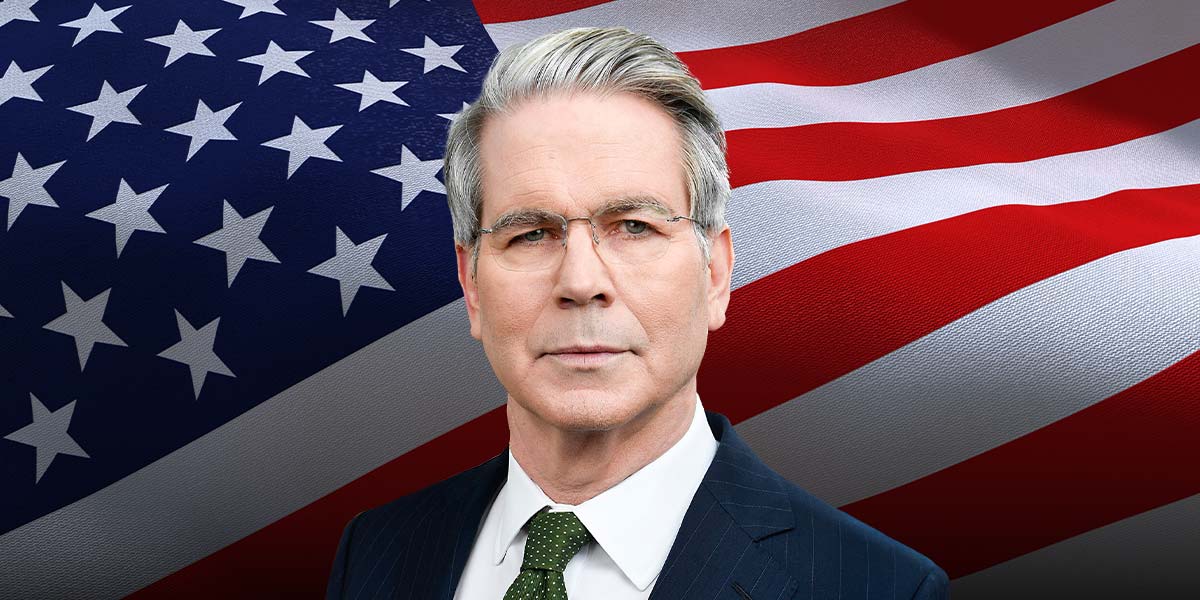United States Treasury Secretary Scott Bessent reaffirmed Wednesday that Washington’s trade negotiating stance toward China will remain independent of stock market volatility, underscoring that U.S. policy will be guided by economic merit rather than investor sentiment.
Speaking in an exclusive interview at CNBC’s Invest in America Forum, Bessent said the United States will not alter or soften its trade approach toward Beijing simply because of short-term declines in equity markets.
Bessent emphasized that the U.S. will not negotiate based on fear, adding that trade policy decisions are driven solely by what is economically advantageous for the country.
Bessent’s remarks come amid renewed turbulence in global markets, with investors reacting to the latest turns in U.S.-China trade talks. Equities plunged earlier in the week after President Donald Trump threatened to raise tariffs on Chinese imports in retaliation for Beijing’s new export restrictions on rare earth minerals.
Although Trump later appeared to moderate his tone—prompting a brief market rebound—volatility quickly resurfaced. The S&P 500 fell sharply again after the President accused China of “economic hostility” for failing to follow through on U.S. soybean purchases.
The Treasury Secretary also pushed back against a Wall Street Journal report suggesting that Beijing believes the prospect of another market meltdown could force President Trump to make concessions.
Citing sources familiar with Chinese policymaking, the Journal reported that President Xi Jinping was betting that the U.S. economy can’t absorb a prolonged trade conflict.
Bessent rejected the claim outright, calling the article “terrible” and alleging that the newspaper was taking “dictation” from the Chinese Communist Party (CCP).
Addressing the broader economic outlook, Bessent said President Trump values a strong stock market, but views it as a reflection of successful policy, not the goal itself.
He linked market resilience to ongoing policy drivers such as the capex boom and rising investment in artificial intelligence, describing these trends as signs of underlying strength in the U.S. economy rather than temporary market euphoria.





